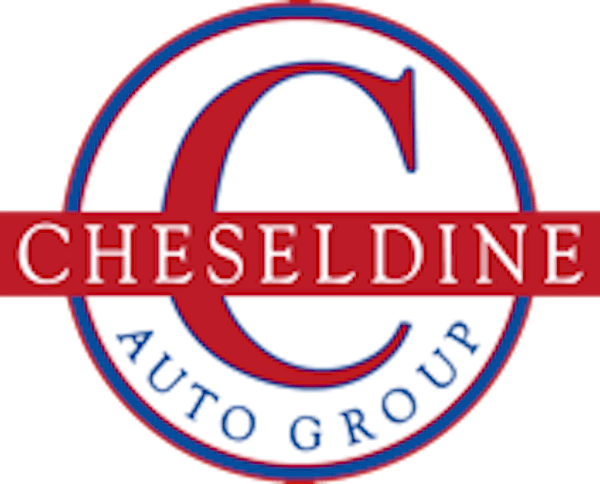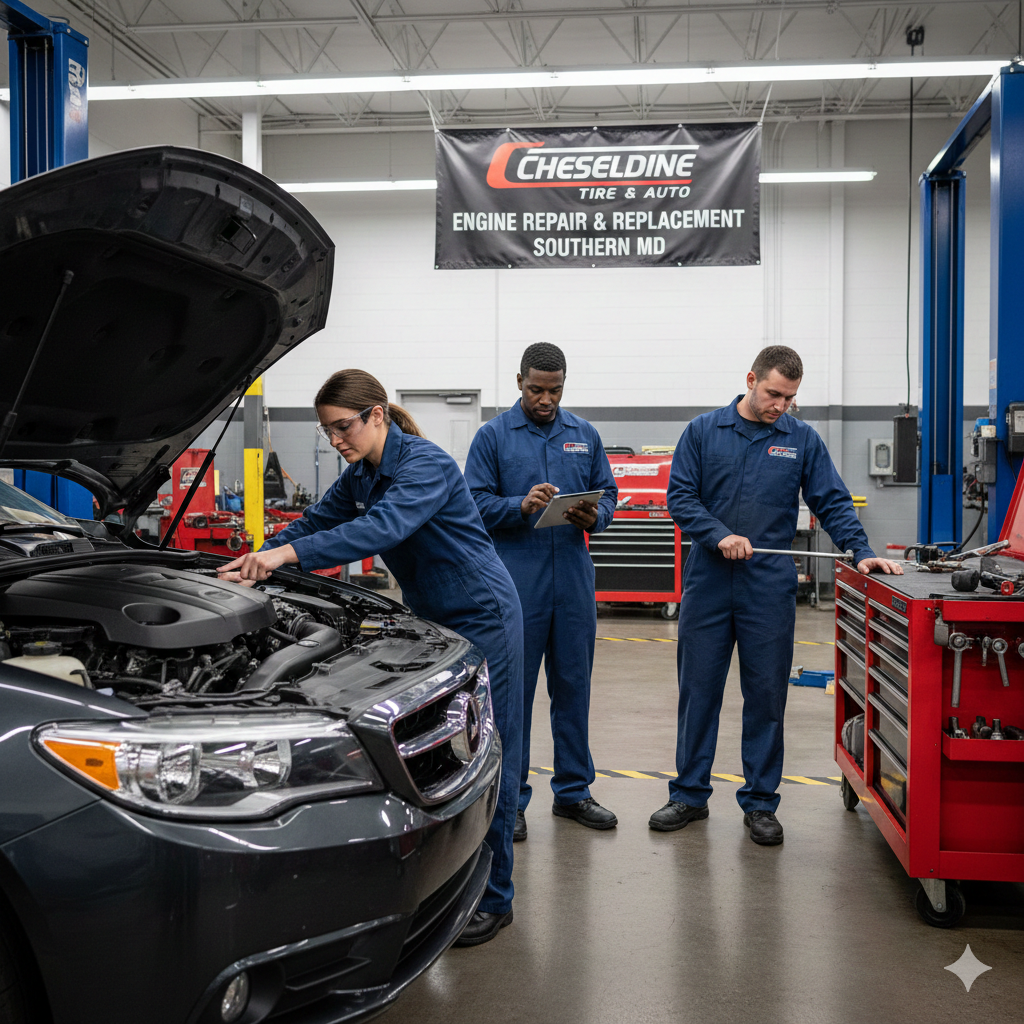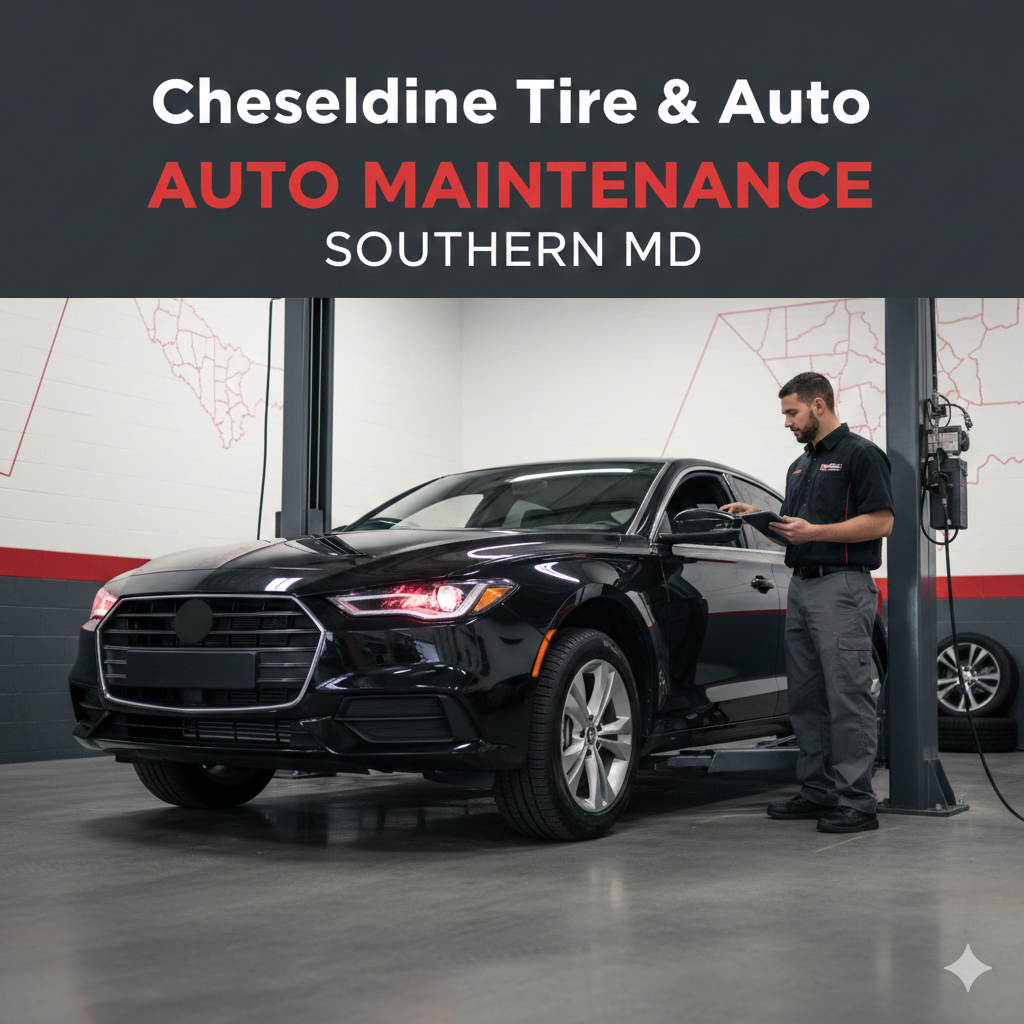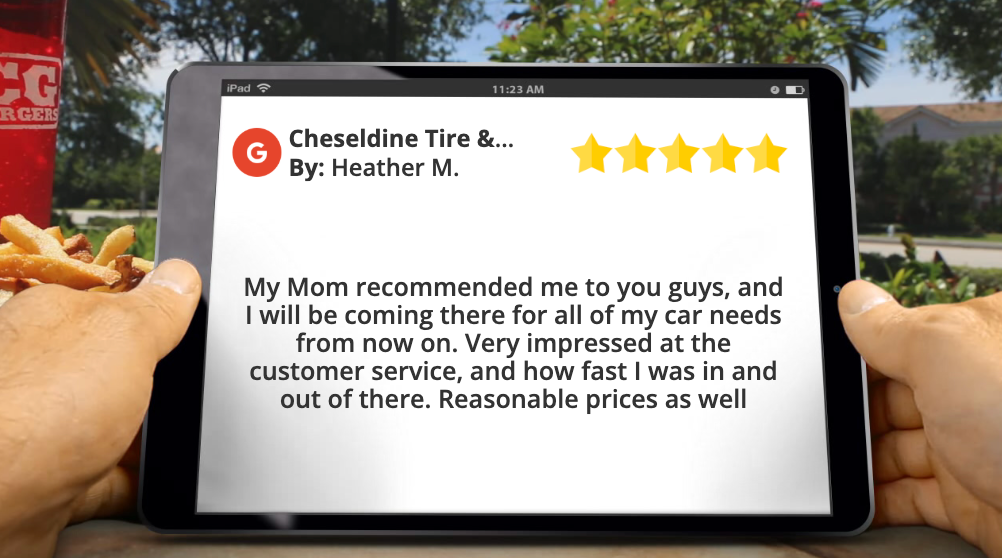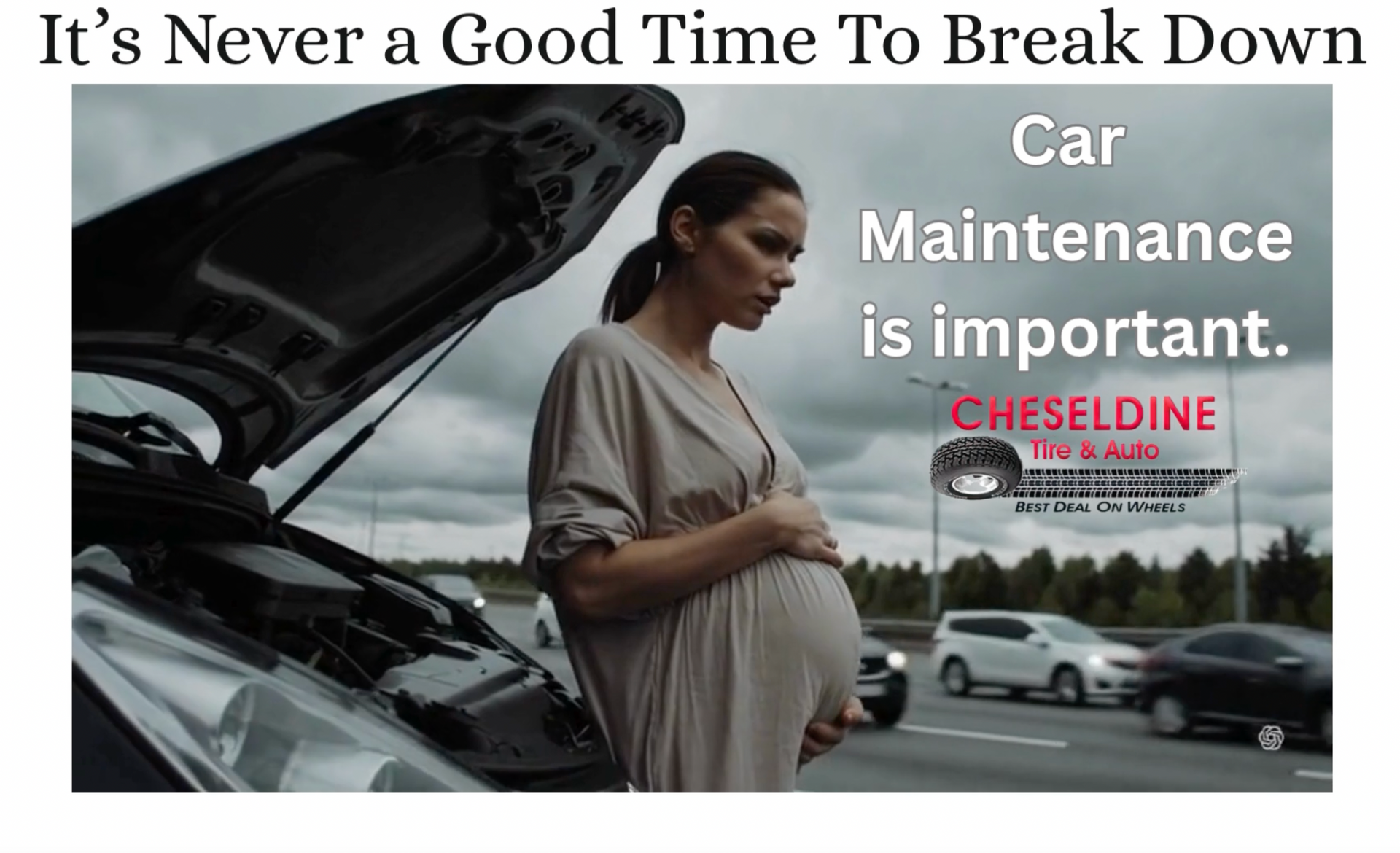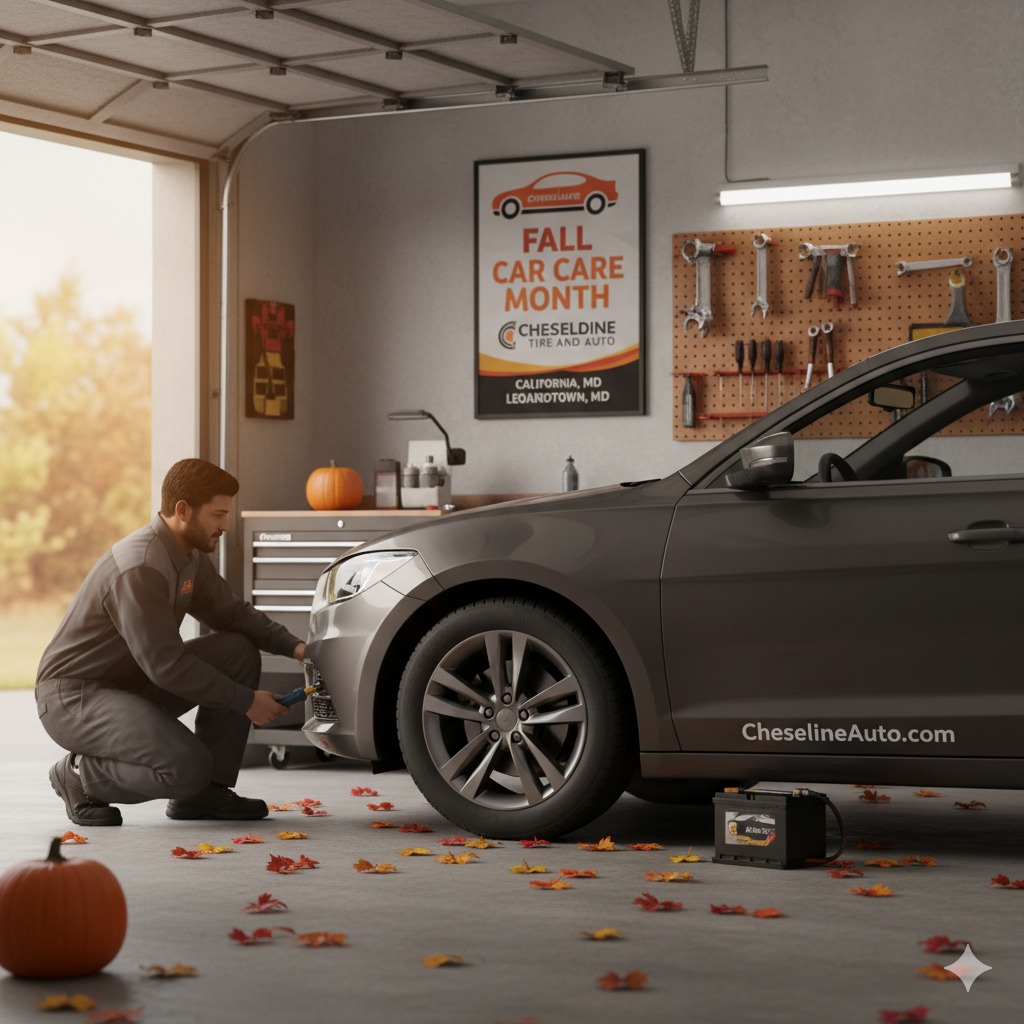Does Using Premium Gasoline Really Save You Money?

Buying gas is one of life’s small conundrums. Most of us have little idea what those numbers on the pump mean, so we usually just pick one that seems to correlate best to our stage in life. When we’re starving students, we go for the less expensive 87 octane. If we drive a nice car and we’re feeling flush, bring on the 91! While buying what you can afford might seem like a smart approach, this kind of simple calculation actually misses hidden costs you should be considering. Before we get to those, let’s clarify what octane levels actually are and what they mean for your car. If you are wondering whether high octane fuel equals better fuel economy, you first need an understanding of how fuel interacts with your engine.
What Are Octane Levels?
Octane actually has two definitions. In its simplest sense, octane is the name of a chemical compound. This flammable hydrocarbon, in combination with several others, is what makes gasoline. When ignited, it powers your car’s engine. The second definition of octane refers to the amount of energy required to ignite the gasoline. These octane level numbers (87, 89, 91, etc.) are a percentage of the fuel’s performance measured against pure (100%) octane. Lower octane gas burns quicker than higher octane, and so require less energy to ignite. However, this also means that lower octanes burn more quickly in high pressure environments, and can have a greater tendency to knock. Knocking occurs when the gasoline is burning fast and is also under high pressure environments. When this occurs there are small gasoline explosions occurring within the engine. These small explosions interfere with the cylinders’ normal operation and can damage engine parts. Ignoring these knocks can result in an expensive repair and reduce your car’s performance significantly.
So Why Use High Octane Fuel?
High octane fuel may prevent engine knock, which is a useful quality in a fuel. This is why luxury cars that use higher-pressure engines sometimes require premium gasoline. Higher octane gasoline reduces knocks and pings in high-pressure environments which exert more energy and burn fuel quicker. If your car manual doesn’t require you to use high octane fuel, using it anyway probably won’t help. Stick with the type of fuel that best suits your car’s engine requirements.
Wait, But What Octane Fuel Should I Use?
Good question. Your car’s owner manual will recommend the fuel you should be using for best performance, and that’s the type to go with. If your manual says unleaded (87) is enough, then it is. If it advises premium (usually 91), then heed its advice.
So is Higher Octane Fuel More Efficient?
In a word, no. On its own paying for premium gasoline does not make your car run better or get greater gas mileage. Giving your car the fuel it requires to run smoothly and efficiently, without damage to the engine, does make a difference in your fuel mileage.
So How Can I Learn to Improve Fuel Economy?
First, get your car serviced regularly. If your engine isn’t in good repair, you can waste fuel. The same holds true if your tires are underinflated, which can reduce fuel efficiency up to 0.3% for every pound of pressure dropped in all four tires, says fueleconomy.gov. And, just as you should use the recommended fuel octane level of your manufacturer, you should also use the right grade of motor oil. Doing so can definitely make your fuel go farther. Second, lighten your load wherever possible. Remove your roof storage rack whenever you aren’t hauling anything, and don’t leave unused cargo sitting there. It adds significant weight to your car, which means you need to burn more gas to go the same distance. You should also regularly clean out your trunk or back cargo area for the same reason. Third, avoid idling while waiting for long periods of time. Although it may seem easier to leave the car running, this wastes a lot of gas, especially if you have the air conditioner on too. When possible, open the window to cool off. And on the highway, use cruise control when possible. By keeping your speed even, you avoid accelerating and decelerating, and save fuel.
Does How I Drive Matter?
Yes, your driving style impacts your fuel economy significantly. We’re not trying to be backseat drivers, but observing the speed limit and driving safely also improves your bottom line. When you accelerate rapidly, step on the brakes , stop and start a lot, and drive at excessive speeds, you waste gas. If you want to preserve the fuel in your tank, the best thing you can do is take a sensible approach to drive.
Any Last Tips?
Fuel economy is a confusing issue, but hopefully this explanation has been enlightening. When in doubt, stick to the recommended octane level in your owner’s manual and you’ll be fine. Aside from that, the best things you can do to stretch your gas mileage are to drive well and service your car regularly, and bring it in whenever something seems wrong. If you notice any trouble with your car, such as funny sounds, pulling, using fuel faster than normal, leaking, or not performing to its usual standard, bring your car into your local Meineke Car Care Center – we’re here to help with nearly 950 centers nationwide, amazing store hours and a convenient online scheduler.
Additional Resources
http://mn.gov/commerce/weights-and-measures/images/OctaneFacts.pdf
The post Does Using Premium Gasoline Really Save You Money? appeared first on Cheseldine Tire & Auto.
